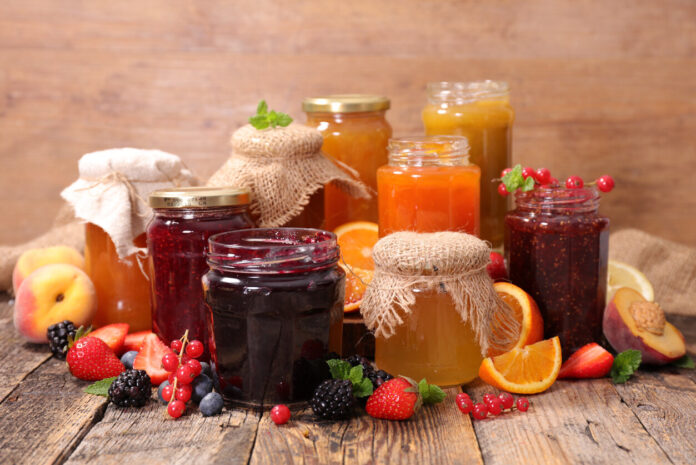Strawberry jam or apricot jam, whatever your preferences, a range of choices is available to you at the supermarket. However, the quantity offered does not imply high quality. 60 Million consumers then looked at its composition to determine which are the best in the mass market. The result is final. Most of the jams you eat contain pesticides or insecticides. Check out our slideshow below to find out which ones don’t.
For its April 2023 issue, the magazine purchased 40 jars of different jams. Their choice fell on the most consumed jams. The best-selling flavors being strawberry and apricot, the study focuses mainly on these two flavors. This publication is not only about the presence of pesticides, but also its general composition, “claims, additives and nutritional data”, specifies Anne Debroise. Ratings range from 7.5/20 to 15.5/20.
The scores awarded value products with a simple and fairly short composition, but especially those that contain the most fruit. The amount of sugar was also noted, as well as the nutri-score for information. Seven jams particularly stand out for their quality and they are not necessarily the most expensive. Conversely, other jams have been analyzed as containing pesticides banned in France. Discover in our slideshow below the best rated jams.
Indeed, among strawberry and apricot jams, those with apricot are the most contaminated. Among the least well rated, there are four jars of apricot jam sold by distributor brands or not. The Auchan or Confipote brand are questioned for the presence of two pesticides banned by the European Union.
These are carbendazim and thiophanate-methyl. To avoid finding products that are also harmful to your health in your jams, 60 Millions de consommateurs invites you to choose organic jams. Indeed, if pesticides can still be present, they are not in large enough quantities to have an effect on humans.















